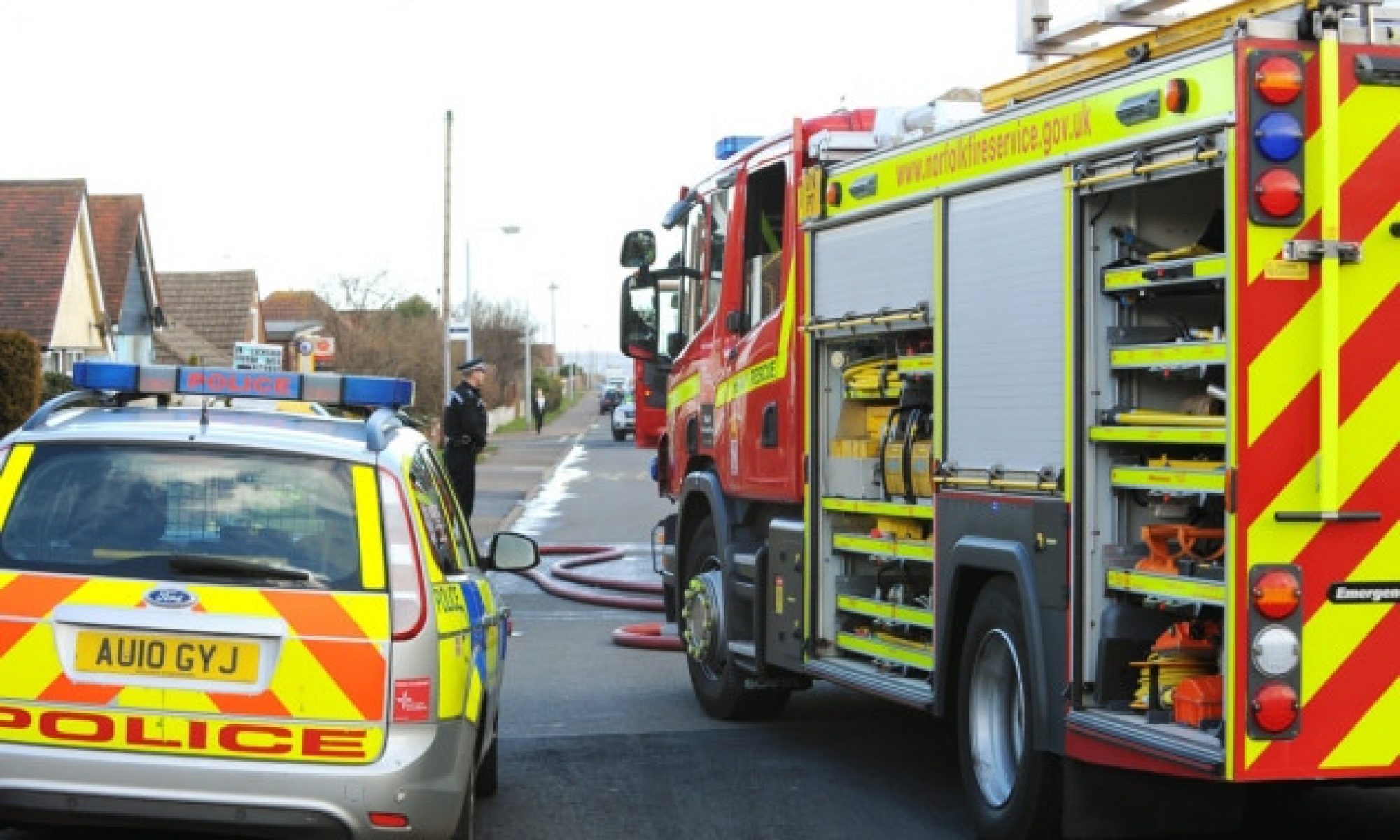Formation of Police & Crime Panels
The Police Reform and Social Responsibility Act 2011 established Police and Crime Panels (PCP) within each force area in England and Wales (excluding Greater London). Currently, there are 41 police areas listed in England and Wales. Each PCP consists of at least one representative from each local authority in the respective area, plus at least two independent members, which are co-opted by the panel.
Section 28 of the Police Reform and Social Responsibility Act 2011 (“the 2011 Act”) ensures PCP’s are made responsible for scrutinising commissioners’ decisions and ensuring this information is available to the public. They must review the commissioner’s draft police and crime plan and draft annual report before these documents are published, and Police and Crime Commissioners must give the associated Panels comments due consideration. A Police and Crime Panel may require the attendance of the commissioner or a member of his or her staff at any time, and may suspend a Commissioner from office where he or she is charged with a serious criminal offence. Police and Crime Panels are able to veto a Commissioner’s proposed precept or proposed candidate for Chief Constable by a two-thirds majority.
The Crime and Policing Act 2017 received Royal Assent on 31st January 2017. It contained a number of proposals aimed at the integration of Police and Fire and Rescue Services (FRS) under the control of the relevant Police and Crime Commissioner. Commissioners can choose from four different integration options and a business case of the selected option required approval from the Home Office before the integration option could be introduced.
Within the act is provision to enable directly elected Police and Crime Commissioners to take on the functions and duties of fire and rescue authorities and delegate fire functions to a single chief officer for police and fire and rescue activities. The PCC is required to consult locally and set out their proposals for undertaking responsibilities for Fire and Rescue Services (FRS). Where PCCs do take on FRS they will be called Police Fire and Crime Commissioners with the expectation that PFCC’s can ‘drive the pace of reform, maximise the benefits of collaboration and ensure best practice is shared’. As such where PCC’s take on the responsibilities for the FRS the corresponding Police and Crime Panel will become the Police Fire and Crime Panel and will act on behalf of the public to hold the PFCC accountable for both policing, fire and rescue activities.
Introduction to the NAPFCP
In June 2018 Panel representatives within England and Wales attended an inaugural meeting hosted by the Local Government Association in London. The main purpose of the meeting was to agree on whether to form a National Association of Police, Fire & Crime Panels. The motion was carried unanimously and the NAPFCP was formed.
Associations Objectives
The National Association of Police, Fire and Crime Commissioners (NAPCP) is the national body that supports both Police and Crime Panels (PCP’s) and Police, Fire and Crime Panels (PFCP’s) across England and Wales, to:
- Provide a forum for collaborative discussion of issues relating to and impacting on Police and Crime Panels and Police, Fire and Crime Panels (PCPs / PFCPs).
- Share ideas and experience in response to the expanding role of PCCs and PFCCs and thereby PCPs / PFCPs.
- Create a mechanism for direct liaison between PCPs / PFCPs and the Home Office.
- Provide an opportunity for dialogue with relevant bodies such as the Association of Police and Crime Commissioners, Association of Police and Crime Chief Executives and others.
- Support the development of joint PCP /PFCP responses to relevant consultations.
- Promote professional standards.
- Share good practice and create guidance and other supporting materials for PCPs /PFCPs.
- Ensure stability and collective memory in a landscape where PCPs / PFCPs can undergo significant changes in membership.
- Provide capacity for horizon scanning across all PCPs / PFCPs.
- Promote better public understanding of the role of PCPs / PFCPs.
An Executive Committee was formed consisting of ten volunteers from member panels and a Constitution document was produced. The constitution document was presented and approved by member panels at the first NAPFCP AGM held in November 2018.

